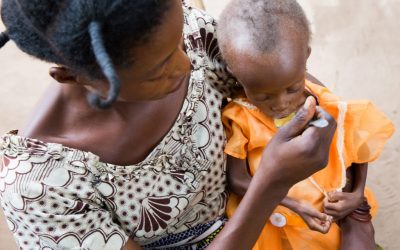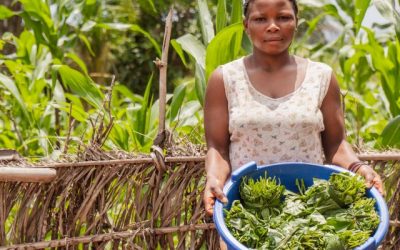IMA Addresses Malnutrition In DR Congo
Perseverance is an amazing quality! This describes so many in Congo who are involved in the Access to Primary Health Care project. Samuel, Tshituka and Alphonsine are three such individuals tackling malnutrition in their communities in the Kasai region with the help of IMA World Health.
During 15 months of unrest in the Kasais, families were forced to flee and lost everything. They had to abandon fields and have now missed two growing seasons. That means they lost their harvests and the food they put on their tables daily. It also means they lost the seeds they need to plant for the next season.
Chronic malnutrition in the region is above 40 percent for children under 5 in normal times. And now? Even adults are having trouble feeding themselves.
Samuel had to flee. But six months later, he was back. Now he is galvanizing his community to reestablish groups of community volunteers to communicate the ASSP’s message of addressing malnutrition immediately:
- How to screen for malnutrition in children under 5 by taking arm measurements to determine the appropriate course of treatment.
- How to make enriched porridge for children.
- How to feed children balanced meals.
- How often to feed children.
- How to plant home gardens that will begin to provide food for families within four weeks.
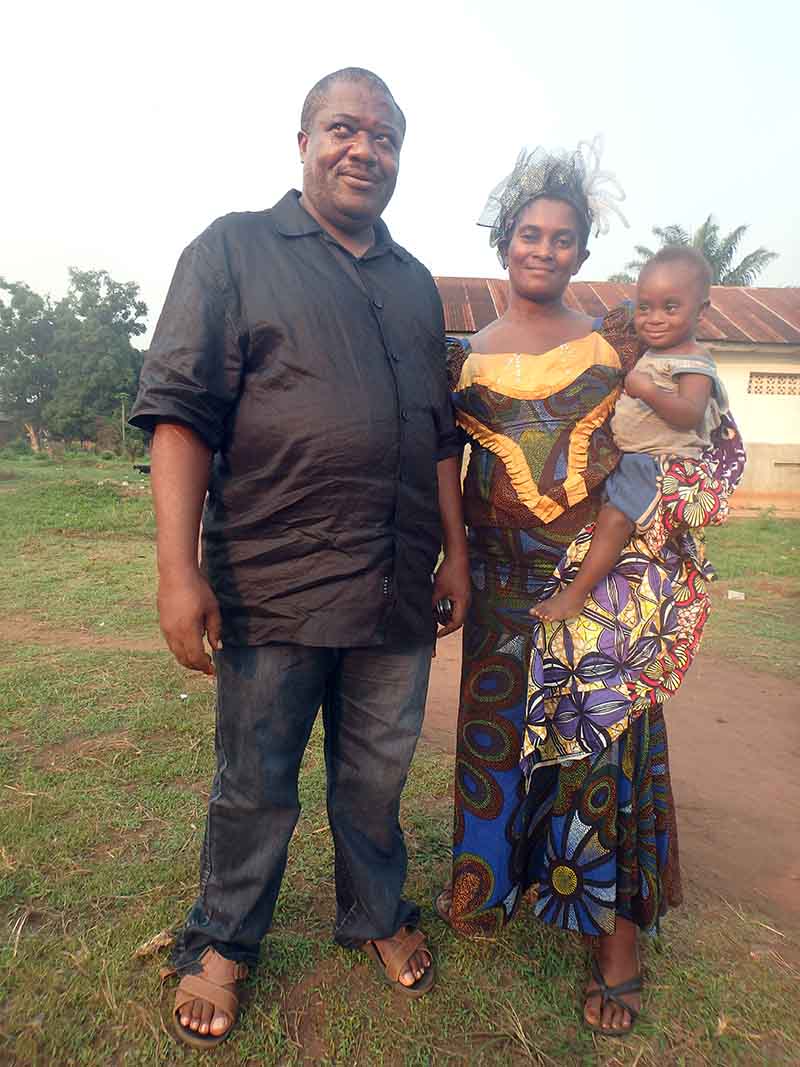
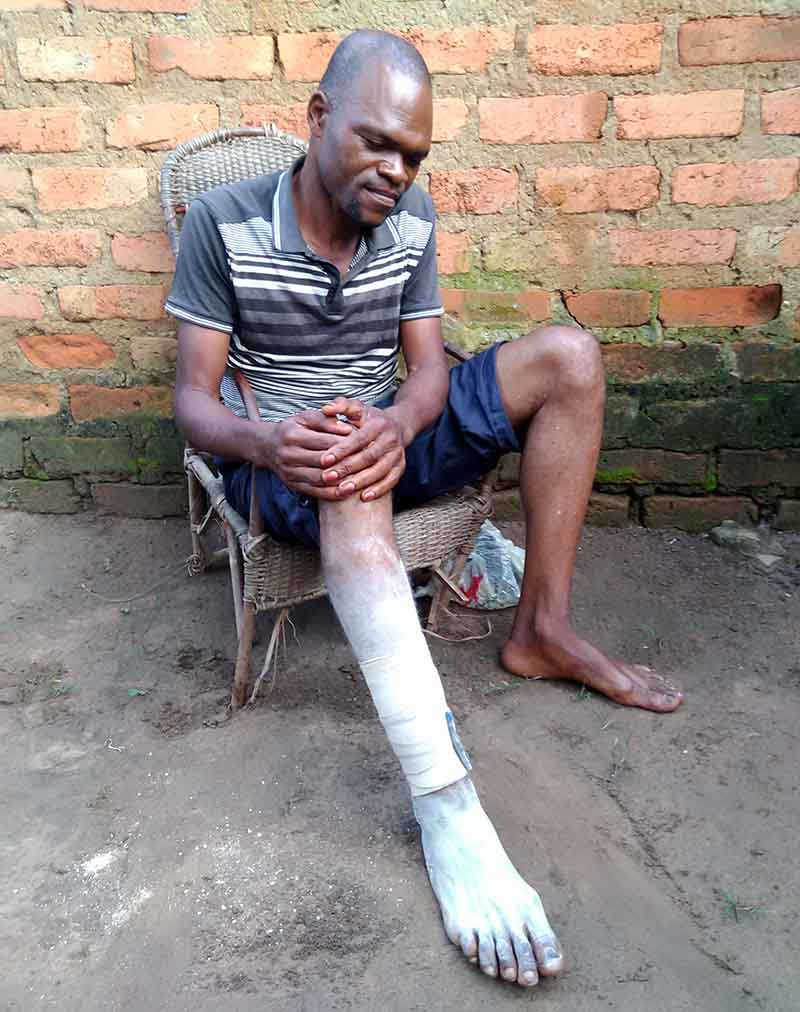
ASSP’s Nutrition Training
Spreading these messages takes organization, training and repetition especially after the displacement of the population. Not long ago, Samuel suffered a motorcycle accident in a remote village and broke his leg. There was no means of communication and no means by which to transport him home. He stayed in the village for two months while he healed.
Why do the community volunteers spread these messages? They are committed to supporting the work of their health center because they are dedicated to their children and their communities.
Tshituka is a head nurse in the health zone of Ndjoko Punda. She stayed in her community during the violence knowing that the need for health care was paramount. Committed to saving lives, she treated anyone and everyone who walked in the door – neighbors, soldiers, children, partisans and family members. She has seen the effects of malnutrition firsthand as families have struggled to grow and find food during the period of insecurity. Earlier through the ASSP project, Tshituka had participated in a training session on Infant & Young Child Feeding and home gardening.
After the training, she worked with community volunteers to plant a garden at the health center. It was this garden that helped sustain her community during all the periods of insecurity.
Alphonsine is a community volunteer in Kamonia Health Zone. After seeing the devastating effects of malnutrition in her community, she knew she had to learn how to reverse the effects and care for those suffering from this disease. Carrying her baby on her back, Alphonsine traveled 100 miles on foot of her own volition to attend a training session held by the ASSP project on Infant & Young Child Feeding and home gardening. The commitment of Samuel, Tshituka and Alphonsine is exactly what IMA is there to reinforce!
IMA helps to build sustainable communities by providing knowledge, tools, information, and systems.
Top left:Joseph Mbuyi of IMA World Health pauses for a photo with Alphonsine and her baby in August 2014 in Kamonia, Kasai.
Bottom left: Samuel Bialala on April 24, 2016, in Luebo, Kasai.
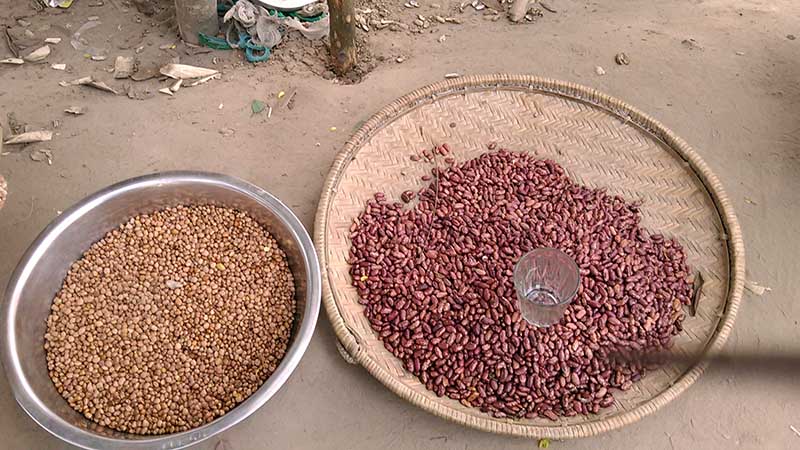
Peanuts being sold in the market in Alunguli, Maniema in November 2017. They are an important nutrient in the nutrition planning. (Photo by Joseph Mbuyi/IMA World Health)
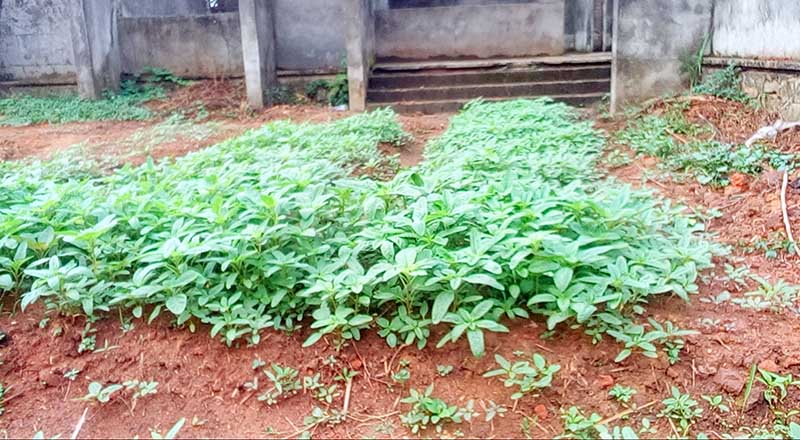
A raised garden with amaranth in January 2015 in Kindu, Maniema. (Photo by Mr. Tshiza/IMA World Health)
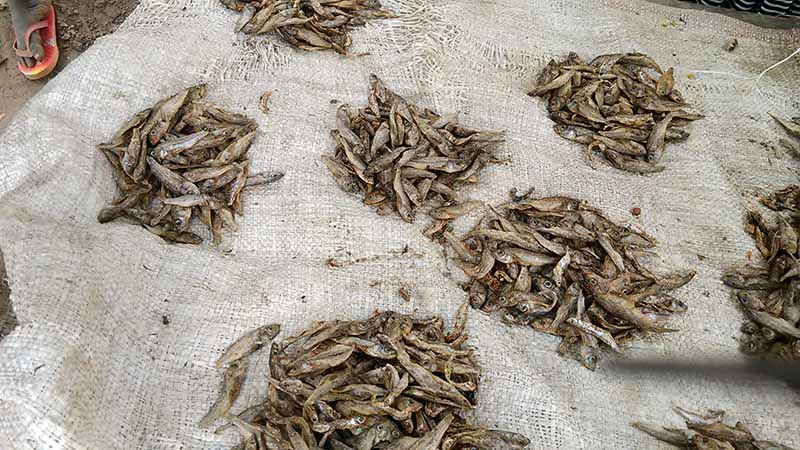
Small fish, an important and cost-effective ingredient in the nutrition program in Kindu, Maniema, in November 2017. (Photo by Joseph Mbuyi/IMA World Health)
More than 8,900 community relay, 1,724 nurses, and 42 community animators trained.
Quick Facts
More than 8,900 community relay, 1,724 nurses, and 42 community animators trained.
1.35 million pregnant women and children under 5 have received direct and intensive nutrition intervention.
1,609,748 children screened for malnutrition.
274,697 malnourished children have received five home visits.
1,077,035 pregnant women have received five doses of iron and folic acid.
890 health centers equipped with anthropometric materials.
ASSP Nutrition
Visit the Nutrition page to learn more about the amazing results achieved during ASSP.
read more about our work to eliminate malnutrition in the drc
Publications
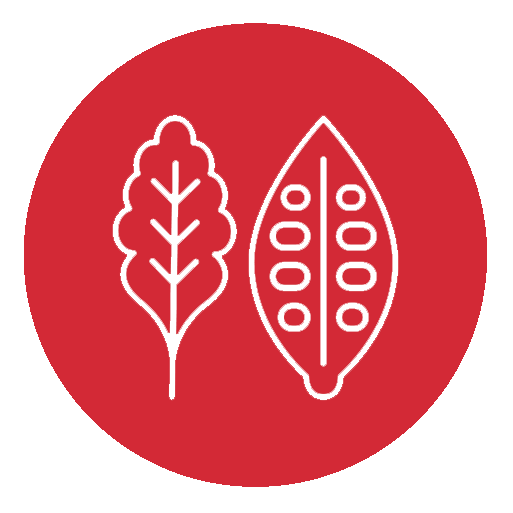
Nutrition
IMPACT: Nutrition during ASSR - June 2022 (pdf)
ASSR Success Story - Overcoming Malnutrition - June 2022 (pdf)
ASSR Nutrition Brochure - March 2022 (pdf)
ASSP Nutrition Brochure – September 2019 (English version) (version française)
ASSP Nutrition Success Stories – October 2018 (pdf)
Combatting Malnutrition in DRC: A Nutrition Success Story
Community relays in Ndesha, Kasai Central are successfully combatting malnutrition in the DRC...
ASSP Project Uproots Malnutrition with Household Gardens
As they sit quietly in front of their family’s hut in Congo’s Kasai-Occidental Province,...
QUICK CONTACTS
Recent Posts
Quarter 1 Results
Number of pregnant women who received three doses of IPT while attending antenatal care: 58,495Number and percentage of 1-yr-old children vaccinated against measles: 78,123Number of Couple Years of Protection (CYPs) achieved through family planning service provision:...
Saved by my Son: A Tushinde Ujeuri Success Story
"The support from the Tushinde program has restored my will to live." Tushinde Ujeuri Project brings hope to one survivor of sexual and gender-based violence in DRC It was mid afternoon, and my 10 year-old son and I were walking home from working in the fields. When...
Combatting Malnutrition in DRC: A Nutrition Success Story
Community relays in Ndesha, Kasai Central are successfully combatting malnutrition in the DRC thanks to ASSP's nutrition training. Combatting Malnutrition One Maman at a TimeMado Betu was a young child of two years and four months but was frail and unable to walk when...



